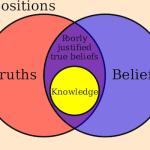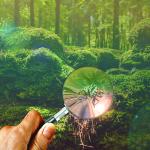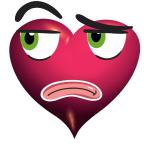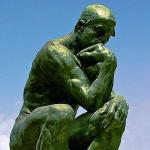“The Victorian era is often remembered as an age of industrial innovation, staunch morals and hard work.
fake news
When I was an undergraduate student, I majored in microbiology and minored in chemistry. And just for kicks, I nearly minored in philosophy, falling just one class short1. But these philosophy classes stuck with me for a lifetime.
The old adage that a lie can traverse the globe before the truth puts its shoes on has never been more relevant than it is today. Because of social media, lies can literally spread around the world in mere seconds.
5G, the next generation of wireless technology, promises not just incredibly fast data transmission but also r
The New York Times editorial board who is content in the belief that they are “the newspaper of record” wrote in an on-going series on women's rights on the “bad science and a moral panic” behind the
With the rapid pace of technology spreading a word or image globally in a matter of seconds, the old saying “a lie gets halfway around the world before the truth has a chance to get its pants on” is ever the more relevant today.
The media trope “if it bleeds, it leads” is at play in undermining accurate messages with respect to the status of vaccine compliance. A fear-based technique intended to capture the audience by news outlets is, sadly, a tried-and-true one.
The Skeptics' Guide to the Universe is the Swiss-Army knife for skepticism about the world around us.
It turns out you can explain the spread of rioting as well as fake news by understanding the spread of a communicable disease, such as the flu. Both actions and ideas spread like a virus; you need both an infectious idea and a receptive audience.
From a young age, we teach science to students all wrong.












